Kemper Profiler OS 7.5 released - New Features for the Profiler and Rig Manager 3.0
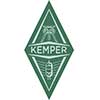
Kemper Amps has announced the immediate availability of Kemper Profiler OS 7.5, which adds Acoustic Simulator, Phase Widener, Delay Widener, and Autoswell to the Profiler's arsenal of FX. The Kemper Rig Manager Version 3.0 brings next level Library management and detailed Rig editing features. Both are free downloads for Profiler players.
Acoustic Simulator is a simple Stomp that turns an electric guitar signal into a pretty authentic acoustic sounding tone. This is designed for the in-between strumming or fingerpicking parts during a live performance: The exact situation where guitarists would step up to an acoustic guitar mounted on a stand. Profiler players from now on just switch their rig.
For the right seasoning and setting it up for the various guitar and pick up models, the Acoustic Simulator offers the parameters Pickup, Body, Bronze, and Sparkle.
Don't expect perfect results, as the mechanics of an acoustic guitar are quite different. The Acoustic Simulator though will simulate the characteristic body resonance and crispness of an acoustic guitar so closely that you might feel able to leave your acoustic guitar at home when you only need it for two or three songs that night.
Phase Widener is an effect invented by Kemper. It creates a wide stereo signal from a mono signal without coloring the result at all. Even when summed back to mono, no coloring will occur.
Delay Widener is a condensed version of the well-known stereo-widening trick of delaying one side of a stereo signal by several milliseconds. In contrast to the Phase Widener, the Delay Widener is not mono-compatible and should be checked for coloration when used on a recording. Additionally, the Delay Widener will tend to emphasize the non- delayed side - this is a psychoacoustic artifact. Setting the Delay Widener to about 30 ms should lead to a pleasing result. For all Widener effects, it is mandatory to place them after the Stack section, where the effects are processed in stereo.
Auto Swell mimics a volume pedal swell with every new strike of the strings. The parameter Swell Rate controls the time of the swell, up to a maximum of 4 seconds. While the Swell Rate controls the attack, a complimentary compressor is also included, to shape the decay of the instrument once it has faded in. The Compressor parameter controls the intensity of the compression.
Output Filters - Low Cut and High Cut filters are available. These will affect all outputs.
S/PDIF Slave Mode
Recent models of the classic Profiler units (Head, Rack, PowerHead, and PowerRack) now provide the option to run as a slave to an external clock, as all Profiler Stage units do. This is based on a hardware modification introduced during 2018 and enabled by this OS revision. Units with this capability will show an additional option "Auto/Internal" in the Output Section — this can be found on the same page as SPDIF Volume and SPDIF Clock.
Audio and clock signals are sharing one S/PDIF cable per direction. To avoid crackles and other artifacts two SPDIF cables need to be connected if your Profiler follows an external clock and sends an audio signal for recording. Two cables need to be connected, too, if the Profiler is configured as clock master and receiving an audio signal via SPDIF. We recommend affording two SPDIF cables and leaving them plugged in.
For further information please visit: www.kemper-amps.com
Video 1: Impromptu Acoustic Simulator and Rig Manager Demo
Video 2: Lonny Eagleton of Black Veil Brides discusses the Acoustic Simulator
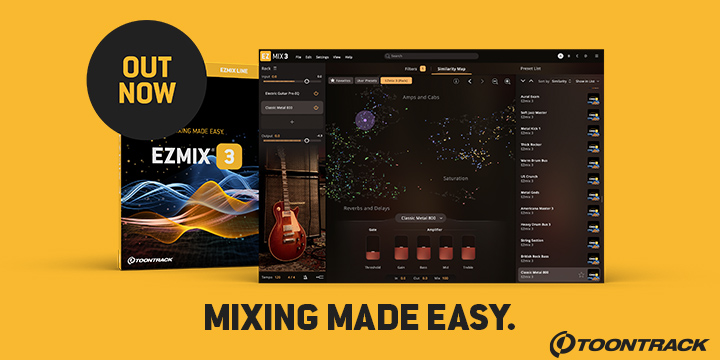
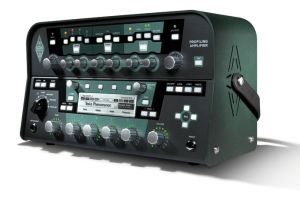
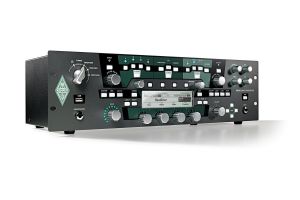
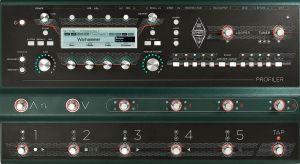


 Other Related News
Other Related News